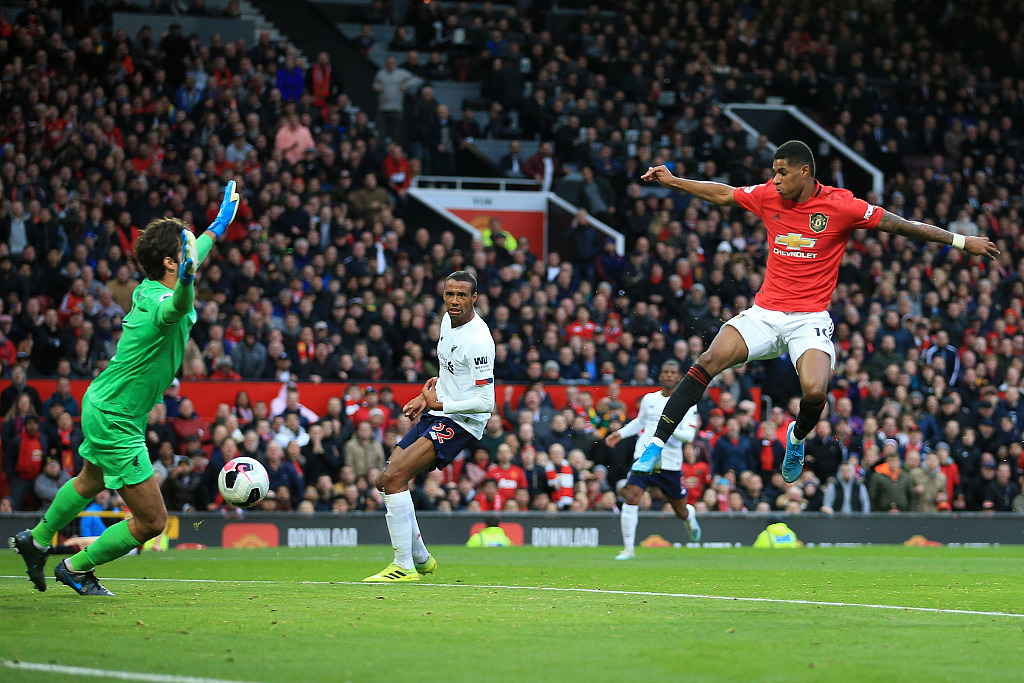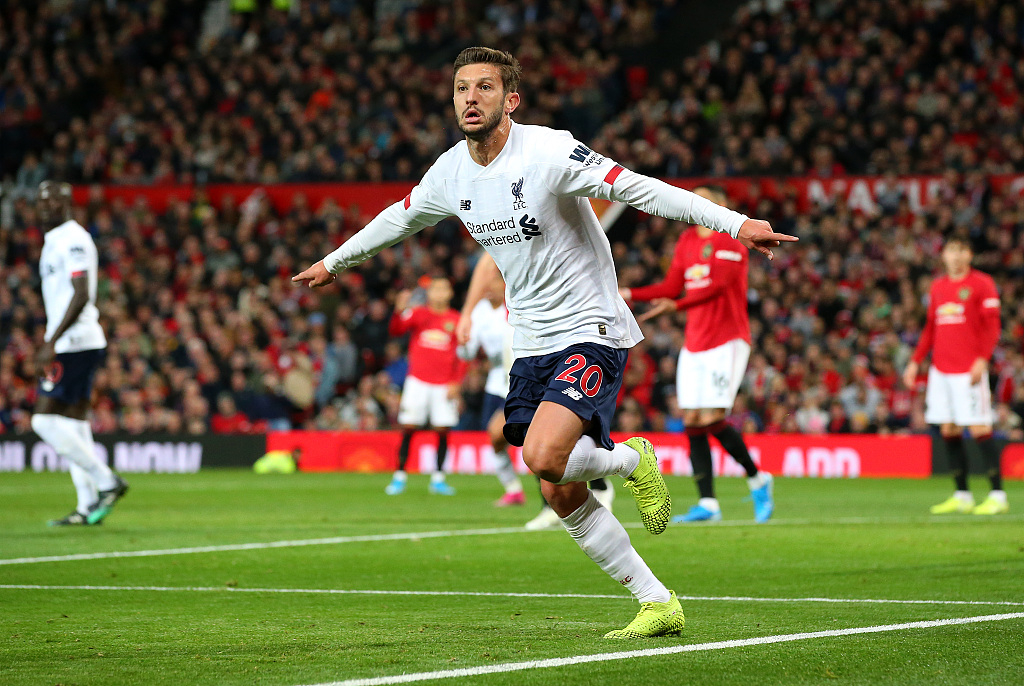The history of the top flight of British football has been so rich that an El Clasico equivalent has never had time to form. Instead, local rivalries (termed "derbies" in the UK) tend to compete with each other for their status as the biggest game of the season. Depending on your location, and depending even more on the owner of your club, the game against the crosstown rival is bigger than a game against a higher-ranked foe. On any given weekend, the Merseyside derby, the Manchester derby and any number of London club derbies, become the most important game, regardless of where the sides are ranked.
The one major exception to this is the rivalry between Manchester United and Liverpool which extends beyond city limits and has persisted for over a century. As the two most consistently successful clubs in British football, the rivalry makes sense and can be split into two general eras: The Bill Shankly-Kenny Dalglish years for Liverpool and the reign of Sir Alex Ferguson at Manchester United.
But this particular Liverpool vs. Manchester United game looked like it was going to put an end to the concept of the two sides being involved in a glamour tie altogether. On one side is a dominant Liverpool, the reigning European champions and current unbeaten league leaders with a six-point advantage over last year's champions, Manchester City; and then there's Manchester United, rudderless and bobbing up and down between midtable and the relegation zone.

Marcus Rashford of Man Utd scores the opening goal during the Premier League match between Manchester United and Liverpool FC at Old Trafford in Manchester, United Kingdom, October 20, 2019. /VCG Photo
Marcus Rashford of Man Utd scores the opening goal during the Premier League match between Manchester United and Liverpool FC at Old Trafford in Manchester, United Kingdom, October 20, 2019. /VCG Photo
The difference on the touchline is equally as vast: Jurgen Klopp, drafted in from Bundesliga favorites Borussia Dortmund, has totally revitalized Liverpool since his arrival four years ago whereas Manchester United are onto their fifth manager in as many years and are currently under the stewardship of Ole Gunnar Solskjaer, the "super sub" who delivered the landmark 1999 treble as a player, whose jumpy appearance in the dugout is intended to inspire feelings of nostalgia for the success of 20 years ago but actually hammers home just how desperate (and desperately in trouble) the Red Devils are.
It should have been an easy game for Liverpool. It should have been a hiding for United. A lineage of this strength, however, isn't so easily moved. From early on, both sides looked to be playing the legacy of each other's sides and not what was really in front of them. Liverpool, known for their energetic and driven play, looked like a team who were facing a Nike advert of all stars; the ground up the midfield where they typically flow and the front three of Sadio Mane, Roberto Firmino and Divock Origi barely got a shot all game.
United, on the other hand, looked more competitive than they have in years. This part is perhaps less to do with storylines and more to do with the new faces of the team – Aaron Wan-Bissaka, Daniel James – trying to prove themselves. Their energy froze Liverpool's backline at times, eventually leading to Marcus Rashford's surprise goal just after 30 minutes, which involved a controversial VAR decision and Virgil van Dijk, PFA Player of the Year 2018, slipping over.

Adam Lallana of Liverpool celebrates after scoring during the Premier League match between Manchester United and Liverpool at Old Trafford in Manchester, United Kingdom, October 20, 2019. /VCG Photo
Adam Lallana of Liverpool celebrates after scoring during the Premier League match between Manchester United and Liverpool at Old Trafford in Manchester, United Kingdom, October 20, 2019. /VCG Photo
An equalizer before half time by Origi was ruled out by another controversial VAR decision – perhaps the only type of VAR decision there is – and, as Klopp ran to the dressing room, the team that haven't lost for almost league 50 games looked like they were about to, in the most unlikely manner.
Normalcy was restored in the second half as reality crept back into the stadium. With their 1-0 lead, United hunkered down and did everything they could to prevent a counter-attack, a tactic which slowly but surely backfired in the second half. Toothless and unwilling to even bite, United essentially offered themselves up to Liverpool, whose quality soon started to break through the thick defense. David De Gea was tested several times and finally beaten in the 85th minute by substitute Adam Lallana who found himself alone and with enough space to simply sweep it in.
The celebration was revelatory of Liverpool's mindset. A late draw with Manchester United at home shouldn't have provoked such jubilation, unless, of course, it was a sign of relief. Post-match, VAR continued to be the focus of the discussion, with Liverpool's Klopp furious that the technology had denied his team a victory; Solskjaer pleased it had helped his team to a draw.